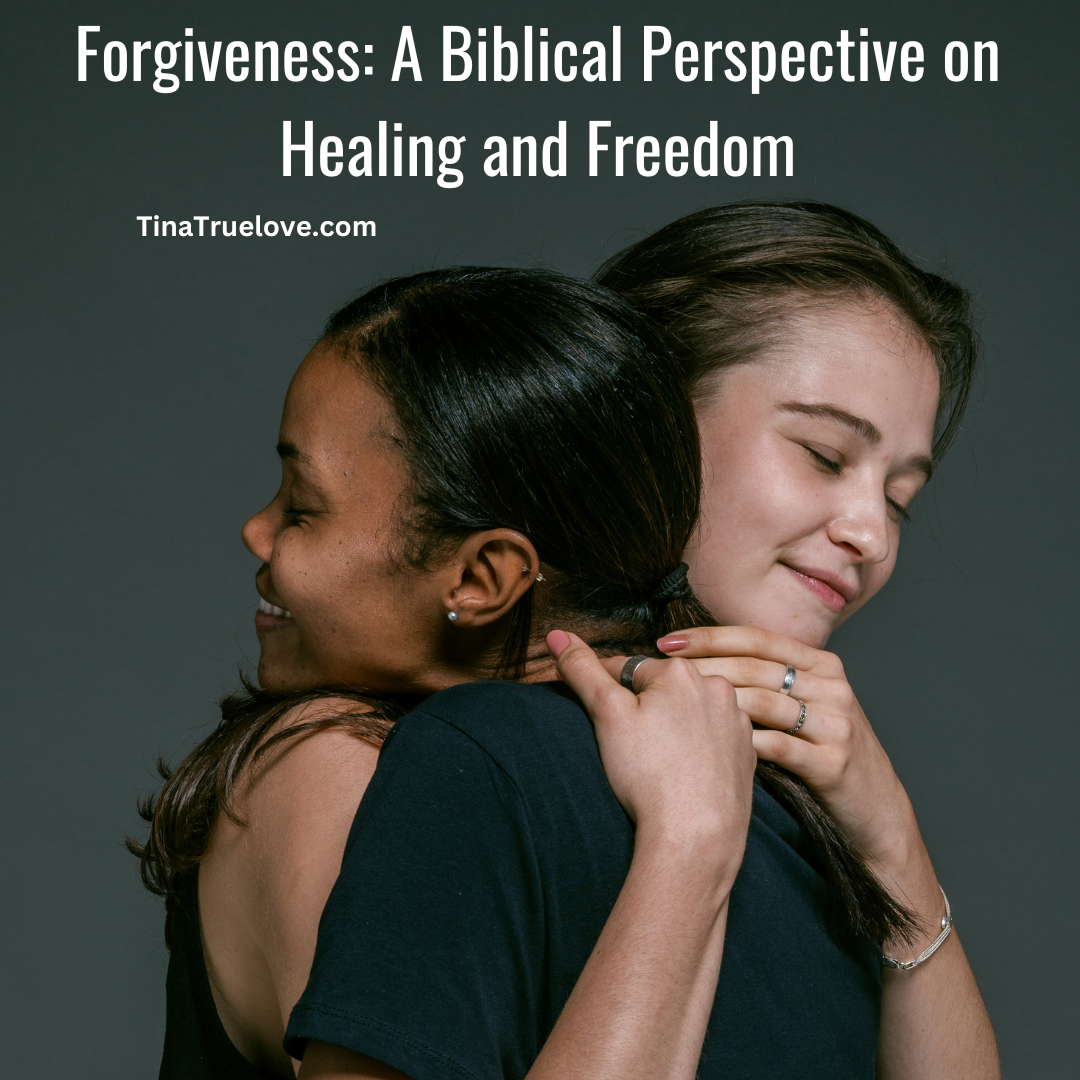
Forgiveness is a cornerstone of the Christian faith, a theme woven throughout the entire Bible. The topic of forgiveness can be both uncomfortable and comfortable. Forgiving someone for an offense against you can be challenging. Often times, it’s easier said than done, but forgiveness can be comforting when we actually forgive. Forgiving someone can lift a heavy burden off our shoulders.
We are commanded to forgive.
Forgiving in obedience takes us down a path to healing, resulting in Spiritual growth. Forgiveness is important for deepening or relationship with God and with others.
For if you forgive other people for their offenses, your heavenly Father will also forgive you. But if you do not forgive other people, then your Father will not forgive your offenses.
Matthew 6:14-15 (NASB)
Our ability to forgive reflects our understanding of God’s mercy. Most of us can think of a situation where we suffered hurt. Perhaps forgiving the person who hurt you is hard. I’ll confess now that forgiving some offenses is hard for me. I can forgive many things, but I struggle with the deeper hurts. Yet, when I think of all the times I’ve offended God and all the times He has forgiven me, I’m humbled by God’s mercy and grace in my life. I don’t deserve God’s forgiveness, but he offers it anyway. I can begin forgiving the most offensive hurts when I finally remember this (because I’m often stubborn, and it sometimes takes a while). How can I not forgive others when God has shown me such mercy and grace?
There are consequences for refusing to forgive.
Let’s read Matthew 18:21-35
Then Peter came up and said to Him, “Lord, how many times shall my brother sin against me and I still forgive him? Up to seven times?” Jesus said to him, “I do not say to you, up to seven times, but up to seventy-seven times.
“For this reason the kingdom of heaven is like a king who wanted to settle accounts with his slaves. And when he had begun to settle them, one who owed him ten thousand talents was brought to him. But since he did not have the means to repay, his master commanded that he be sold, along with his wife and children and all that he had, and repayment be made. So the slave fell to the ground and prostrated himself before him, saying, ‘Have patience with me and I will repay you everything.’ And the master of that slave felt compassion, and he released him and forgave him the debt. But that slave went out and found one of his fellow slaves who owed him a hundred denarii; and he seized him and began to choke him, saying, ‘Pay back what you owe!’ So his fellow slave fell to the ground and began to plead with him, saying, ‘Have patience with me and I will repay you.’ But he was unwilling, and went and threw him in prison until he would pay back what was owed. So when his fellow slaves saw what had happened, they were deeply grieved and came and reported to their master all that had happened. Then summoning him, his master said to him, ‘You wicked slave, I forgave you all that debt because you pleaded with me. Should you not also have had mercy on your fellow slave, in the same way that I had mercy on you?’ And his master, moved with anger, handed him over to the torturers until he would repay all that was owed him. My heavenly Father will also do the same to you, if each of you does not forgive his brother from your heart.”
Matthew 18:21-35 (NASB)
In this story, a servant who is forgiven a huge debt fails to extend that same forgiveness to someone who owes him a small debt. We must remember the grace we have received from God and, in turn, offer grace to others.
Forgiveness reflects the character of Christ.
Forgiveness is more than just forgiving an offense. Forgiveness frees us from the burden of anger and resentment. Unforgiveness, anger, and resentment are heavy burdens to bear. Forgiveness requires compassion and kindness, which are all essential for healing relationships, and all three reflect the character of Christ.
All bitterness, wrath, anger, clamor, and slander must be removed from you, along with all malice. Be kind to one another, compassionate, forgiving each other, just as God in Christ also has forgiven you.
Ephesians 4:31-32
Forgiveness is sometimes a process.
Forgiveness is a choice we must make. Once we make that choice, sometimes we can forgive easily and almost instantly. Other times, it is a process. Healing can take some time, and so can complete forgiveness. Deeper hurts might take longer to forgive than petty offenses. Psalm 147:3 reminds us that we don’t walk the paths of hurt alone.
He heals the brokenhearted, and binds up their wounds.
Psalm 147:3 (NASB)
God is with us, helping us heal and find the strength to forgive.
A Call to Action
As we reflect on forgiveness, let’s remember that we have to make the choice to forgive. Forgiveness releases our grip on the past and embraces the freedom that comes from reconciliation and healing. Forgiveness benefits others and is vital for our own spiritual wellbeing. Whether it’s forgiving a friend or a family member, may we find the courage to follow the example of Christ and offer forgiveness as freely as we have received it.
Who do you need to forgive today? I hope you choose to forgive now and live free of anger and resentment.
Pin this post!

You may also like:
6 Ways to Improve Your Walk with the Lord in 2025

Check out my resource page!



